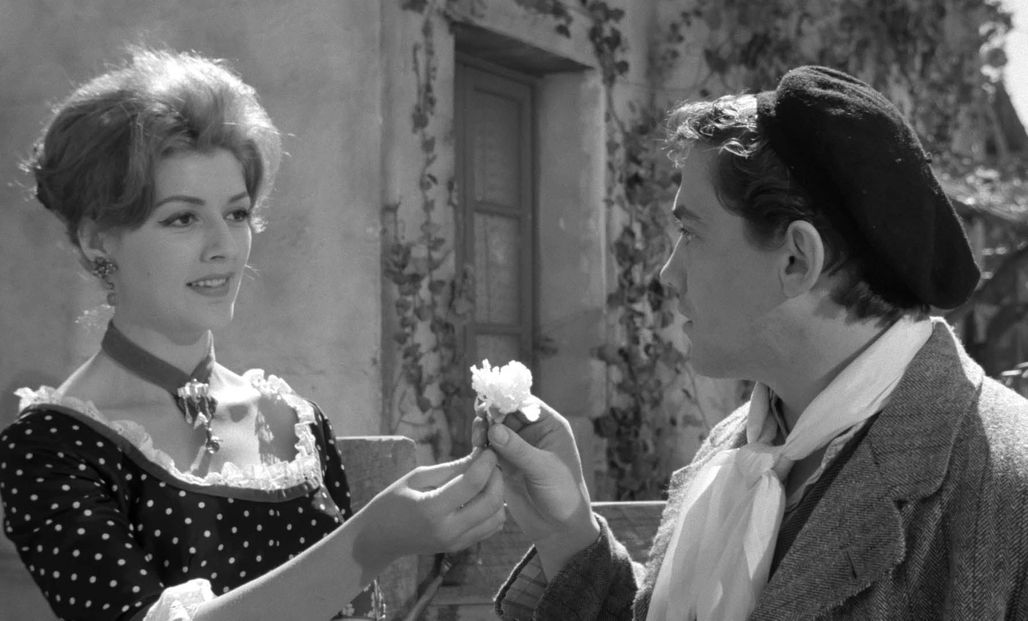
Man on Pink Corner, a film according to Borges

Will El Corralero, a former hitman, seize the chance to turn his life around? That’s the plot of the Argentine film Hombre de la Esquina Rosada (Man on Pink Corner) directed by René Mugica, presented at Cannes Classics in a restored version. An interview with Thomas Messias, journalist and author of “Nouveau cinéma argentin” (Playlist Society 2015), about this film inspired by a text by orge Luis Borge.
The film is based on a text by Jorge Luis Borges: is it a faithful adaptation?
The film is based on a rather short story by Borges, originally titled “Hombres de las orillas” (“Men from the Suburbs”). Its writing originated from Borges’ desire to pay tribute to Nicolás Paredes, a former political leader with a troubled past who had become Borges’ friend. The writer, in a way, puts himself in Paredes’ shoes, using his storytelling style to unfold a collection of memories, hoping that their mere accumulation would suffice to compose the portrait of several men. In adapting it for the screen, the three screenwriters introduce a number of characters to enrich the story.
It adopts a very particular narrative style. Can you tell us more about it?
The film opens with a request for the release of Nicolás Fuentes, a bandit who has been imprisoned for several years after being betrayed by a group composed of several comrades and his own wife. But when the guards go to release him, they find him dead in his cell. “El hombre de la esquina rosada” then consists of a massive flashback: before dying, Fuentes had told his story to his cellmate Francisco Real, who now serves as our narrator. This system of indirect narration creates a constant sense of questioning: are we witnessing the true story of Fuentes, the embellished version he may have told Real, or an even more distorted version, the product of the improvisations of this storyteller?
What do you think of this adaptation on screen?
It retains the essence and spirit of Borges’ short story, which managed to express admiration for these few porteño (Buenos Aires residents) thugs while also scratching at their status as virile and courageous men. René Mugica perfectly captures the writer’s fascination with the outskirts of Buenos Aires, where the festive atmosphere never goes without a tremor linked to danger.
Were the performers prominent Argentine actors of the time?
That was certainly true of Francisco Petrone, who portrayed Francisco Real and had appeared in about twenty films, with this being one of his last (he died in 1964, three years after the filming). Susana Campos, who played Fuentes’ wife, also had a long career as an actress, regularly appearing in films between 1946 and 2004, the year of her passing.
What did Borges think of this adaptation?
He found it to his liking, stating that Mugica had “done a good job given the possibilities offered by the plot.” It’s worth mentioning that Borges had initially released his story under a pseudonym because he wasn’t very satisfied with it. He considered it pompous and not well-written enough. The film adaptation may have helped him gain perspective on his own work, which was always captivating, and to show more leniency towards it.


